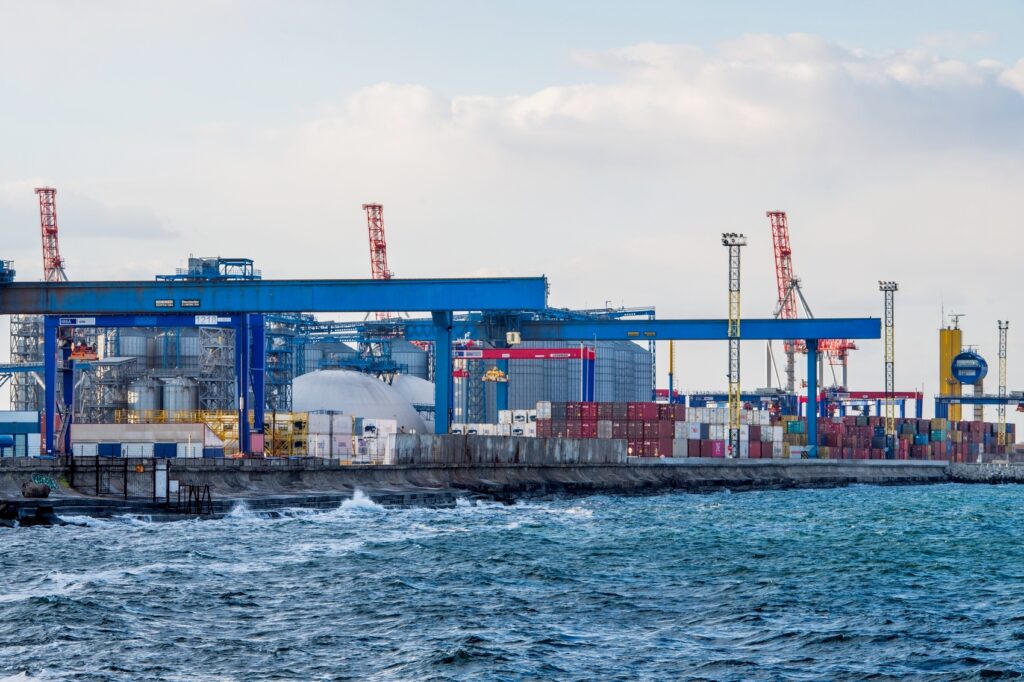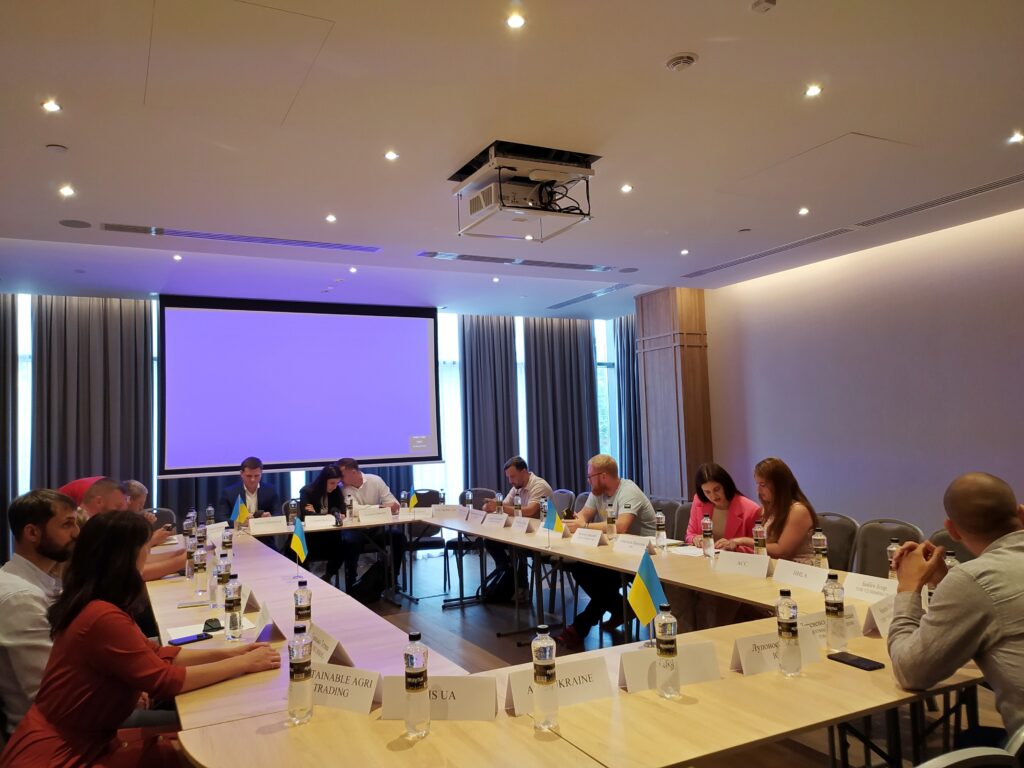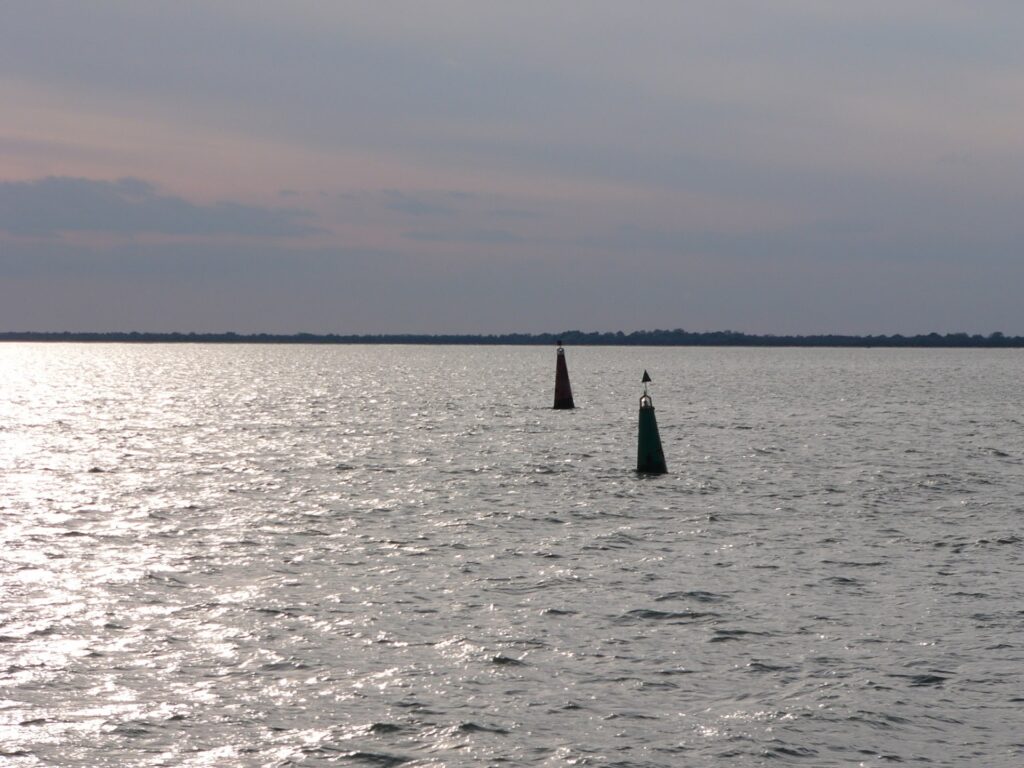Business during the war: the problem of negotiations and damage from russia

Ukrainian businessmen propose to develop a system that will allow them to cross the border to solve business problems.
The agricultural sector and logistics in Ukraine now require maximum support from the state. And the question is not only in the economic component of such support, but also in the political and diplomatic ones.
The issue of concrete assistance from the state was voiced at a round table meeting within the framework of the National Investment Council under the President of Ukraine.

The speakers from agro-industrial companies said that the country lacks a single and understandable for all mechanism for crossing the border for entrepreneurs. According to them, some businessmen and officials have the opportunity to cross the border without problems, even if they have problems with the law. As the saying goes, everyone is equal before the law, but some are more equal.
Business means investments and negotiations with foreign donors. When it comes to big investments, investors prefer a face-to-face meeting. But here the state gets in the way of businessmen. Also, Ukrainian entrepreneurs cannot invite a potential investor to Ukraine. More precisely, they can, but the efficiency of this process leaves much to be desired.
Even the authorities themselves do not know how to correct the situation. A separate question is whether there should be an intermediary between business and the state, in the form of an authorized person / independent body? Or do the authorities need to draw up a specific protocol that will apply to everyone equally, regardless of position and connections?
Now traveling from Ukraine abroad is open to several categories of men of military age (not counting those who are not subject to mobilization for health reasons or marital status). Among them are students, athletes and coaches, carriers of medical cargo, humanitarian aid or goods for the Armed Forces of Ukraine, railway workers, as well as truckers who have licenses for the international transportation of goods and passengers.
Politicians can also travel abroad if these are meetings that concern Ukraine. “Sanctions, finances, weapons,” – this is how the President of Ukraine at one of the press conferences outlined the reasons for politicians to go abroad.
For Ukrainian businessmen, there is no separate category for unhindered travel abroad. In March, Ukraine launched the “Shlyakh” exit scheme, which allows men to quickly cross the border if they are volunteers or truckers.
Initially, companies that have licenses for transportation were registered in the system. Carriers entered data on their drivers into it. However, over time, “Shlyakh” became one of the channels for the departure of men of military age abroad. For a fee, men are registered as volunteers, freight forwarders or drivers. At the same time, real volunteers are not always able to issue an exit permit through the system.
Calculation of damage is another pain for Ukrainian business
In addition, entrepreneurs said that they did not know how to calculate the damage received by enterprises from the war. The calculation of damage concerns both financial losses and direct damage to facilities, their complete destruction or occupation.
Ukrainian business lost enough funds at the beginning of the full-scale invasion of russian federation. The occupiers cut off Ukraine from the port of Kherson and the ports on the Sea of Azov; mainly from the port of Mariupol, through which the main part of export metal products was shipped before the war. The terrorist country secured its forces on Zmiinyi Island, as a result of which shipping in the ports of the Odesa region was blocked until July. In addition, russian ships have distributed several hundred mines in the Black Sea, which regularly break anchor and drift, posing a danger to ships not only from Ukraine, but also from other Black Sea countries.
The port business had to reorient cargo shipments to trucks and rail, but not everything is so simple here. The capacity of the Ukrainian routes is not designed for all the cargo that was previously sent on ships. In addition, Ukrzaliznytsia, the Ukrainian monopoly carrier, recently raised its freight rates by 70%. Considering the costs and damage that businesses have suffered since the start of the war, raising tariffs for them is like robbery.
Russia is also attacking Ukrainian business directly: it attacks civilian ships and launches missile attacks on port facilities.
Both with going abroad and with calculating the damage, the main problem is the lack of adequate communication between business and the state, or along the vertical of power. Any permission or decision “from above” can be blocked by local authorities – regional military administrations, including Odesa.
Odesa was the first city where, since the beginning of the war, a meeting of the National Investment Council with business representatives was held. Further, the Council will visit a number of Ukrainian cities. It can be expected that the state will hear the problems of business, since in different cities entrepreneurs will voice almost the same things that bother them: business activities, damage calculation and compensation, exemption from a number of credit and tax obligations, going abroad for negotiations, etc. However, , given the duration of the National Investment Council’s business trips and the time required to draw up bills and other documents that could simplify the life of business during the war, at least a few more months will pass.





